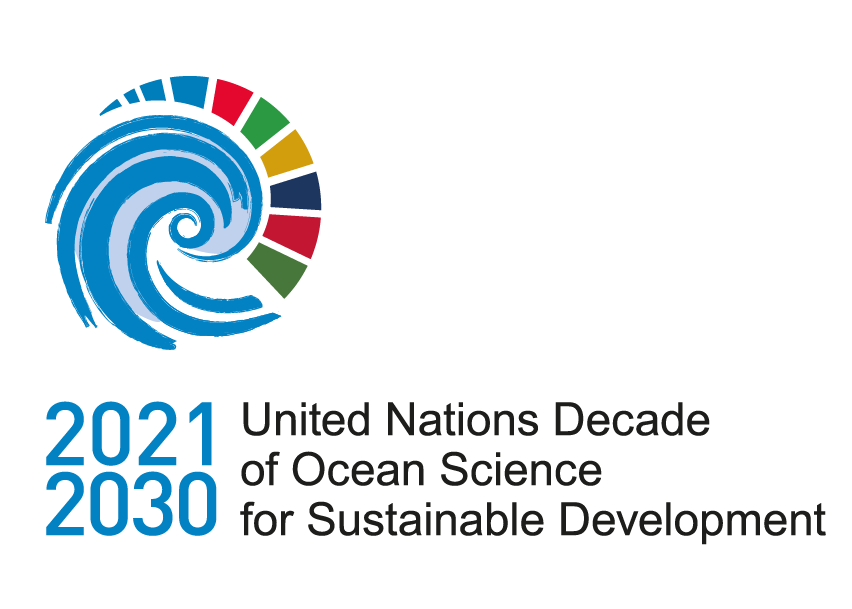Goals of the Marine Spaces – Planning / Culture / Climate Programme
The Marine Spaces – Planning / Culture / Climate (MS-PCC) programme is a two-stage project that is presently supported by an EMDM grant from Erasmus+. Its overall goal is to create and sustain a Joint Master of Science in Sustainable Ocean Management integrating three themes:
1. The management of Maritime Cultural Heritage (MCH)
2. The principles of Marine Spatial Planning (MSP)
3. Aspects of Climate Science (CS)
With our full and associated partners, the first stage of the project will finish in December of 2023, and will establish the joint programme design, procedures, and student services. The second phase will be characterized by the implementation of the joint curriculum at Koç University and the Universities of Oldenburg and Copenhagen, with additional training from specialists at the University of Edinburgh, the Ocean Decade Heritage Network, and the State Archaeology Department of Schleswig-Holstein.

As planning and policy domains, MCH and MSP have expanded demonstrably as demands upon the marine environment have continued to grow. Indeed, the UNESCO 2001 Convention on the Protection of the Underwater Cultural Heritage inadvertently adds to these demands through its emphasis on the in situ preservation and management of heritage under water. As a result, MCH and MSP contain a synergy that is being gradually recognized, but not actualized to its full potential. For example, a 2014 European Parliament Directive (2014/89/EU) calling for MSP frameworks specifically included underwater heritage as one demand on marine space. MCH and MSP have also been paired by the European Commission in its Blue Growth Strategy. Moreover, Climate Science (CS) is key to this programme because it is the disciplinary context of MCH and MSP policy efforts. It is the fundamental driver of many of the Sustainable Development Goals of the UN 2030 Agenda, whereas the UN Decade of Ocean Science (2021-2030), focuses on reversing the decline in ocean health through cross-disciplinary actions and new, sustainable policies. Lastly, as demonstrated in the CHERISH project, coastal and underwater heritage is threatened by rising seas, and more frequent and severe storms.
The rationale of the Marine Spaces – Planning / Culture / Climate project is that the complementarity of Maritime Cultural Heritage management, Marine Spatial Planning, and Climate Science should be integrated into a Joint Master programme, due to the clear needs established by these national and international priorities. By pursuing its objective of establishing and maintaining a Joint Master programme through these two stages, the aim of the MS-PCC is to meet these needs and establish a cohort of policy professionals that apply this training in local, national, and international forums.

